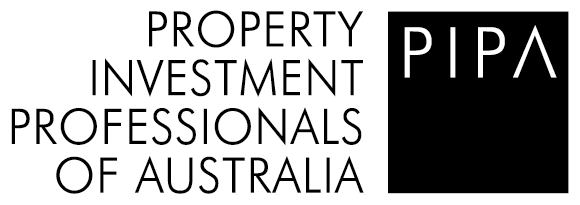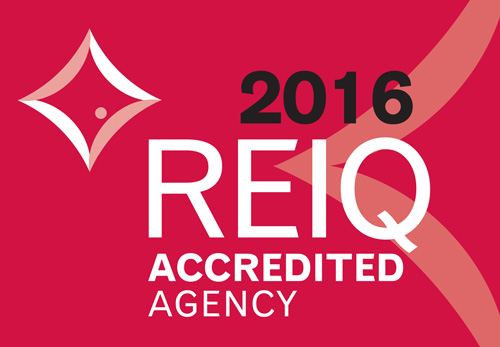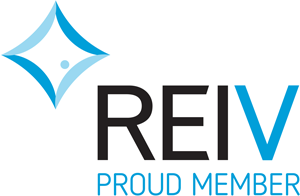How to save for your first deposit

Whether you’re saving for your first home or first investment, there are clever ways to reach your goal. Purchasing your first property will be both challenging and rewarding. Throughout the process it’s important to keep your goal at the forefront of your mind to stay motivated. Maintaining focus from the outset will help you stay on track, and avoid distraction. Here are a few tips to save for your first property deposit.
Work out a budget
Many of us are unaware how much money we actually spend paycheck to paycheck. By analysing your spending habits and expenses you’ll be able to derive a realistic budget and identify where potential savings can be made. Factoring in all costs is critical to paint the full picture; honesty is the best policy throughout this process. Being rational about your budget will mean you can make clear, objective decisions about your budget and forecasted savings.
Compromise
Saving for a deposit is going to mean an adjustment to your lifestyle and your spending habits. Setting boundaries on unanticipated expenses will stop you from overspending, including limiting your budgets for birthday and christmas presents, or social events.
It’s a good idea to have a look at your expenses and categorise them into ‘necessary’ (such as rent, or electricity) versus ‘luxury’ (such as cable TV or gym membership). This an easy way to identify what can be stripped from your overall expenses and identify where expenses can be substituted for savings.
Save 10 per cent
As soon as your pay hits your account, take out your savings. As a rule of thumb, 10 per cent is a realistic aim. Ideally you would add to your savings pool at different stages of the year, however if you stick to this rule as a guide, anything additional is a bonus.
A great tip is to ensure your savings account is not easily accessible. That is, make sure there is no bank card linked to it so you can’t be tempted to use the funds. This will make you think twice before making impulse purchase decisions.
Pay off your debt
If you have less than five per cent of the purchase price for your desired investment in unsecured debts, it shouldn’t be difficult for you to pay off those debts while you save up enough to get a loan. However if you have more than five per cent of the price of the property in debts including personal loans, car loans or credit cards, it is best to pay as much of these off as possible upfront. That way you’re not copping interest while trying to save for your deposit. In addition to plumping up your deposit, paying off your debts will increase the amount of money you can borrow, and it will also free up your cash to use towards mortgage repayments once you’ve made your purchase.
Sell unnecessary assets
Over the years we accumulate assets that we no longer use or need. Selling these assets and putting the cash towards your deposit will mean you turn your unused possessions into something more useful. Cars, bikes, artwork, exercise equipment, technology and even clothes can help clear your home of clutter, but also inject thousands of dollars into your savings account.
If you’d like financial advice on how to accomplish your investment goals, contact CPS Finance today.







